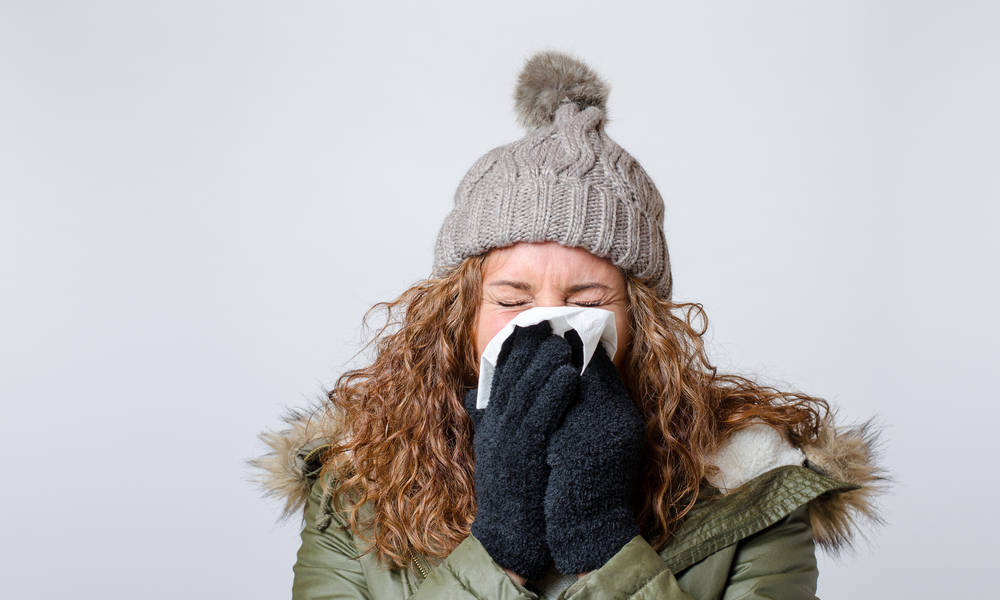
What a Bad Flu Season Could Mean for Your Events
Medical experts are saying this could be the worst flu season in recent history, and one area where associations can see its effect is at their events. Here's a look at how to mitigate any potential impact for staff and attendees.
This year’s flu season is particularly bad. But you probably know that already, because if you haven’t suffered from it yourself, it’s a sure bet that at least one of your friends, family members, or coworkers has.
The Centers for Disease Control and Prevention’s most recent FluView Report shows that almost 6 percent of all Americans seeking medical care have flu symptoms, and 26 states have high flu activity. It can make you want to hold your breath and not touch a thing when you’re commuting, flying, or doing just about anything else that has you around a lot of people.
You know what also bring people together? Association events, which means you could soon see the impact of a strong flu season there as well.
Your onsite staffers, attendees, and speakers could get hit by the bug, leaving you in a lurch. So, what can you do now to mitigate any potential impact while also ensuring you’re as accommodating as possible to those under the weather?
For staff, you may need to create an emergency travel procedures plan and, when possible, ensure that staff don’t travel to events alone. The latter probably won’t be an issue at an annual meeting where a large percentage of staff is onsite, but it could be the case at a smaller, regional event.
In a conversation on ASAE’s Collaborate forum [member login required] last year, several association execs chimed in about their experience of having a staff member fall ill while on travel—both flu-related and not—and what changes they implemented as a result.
One group, which couldn’t track down a staffer who became ill, decided that for future meetings it would put together a comprehensive list with staff cellphone and emergency contact numbers. Another organization had a mandatory early-morning check-in that all staffers reported to.
But what can you do for your attendees and speakers who get sick onsite?
First, arm them with as much information as you can. In the meeting’s onsite guide or on your conference website, include the names, addresses, and phone number of nearby urgent care clinics and hospitals. That way, if they do need to see a doctor, they can easily find out where to go.
And, if your meeting is taking place in a city or state that is reporting a high level of flu activity, offer attendees some tips on what they can do to reduce their risk of getting sick or direct them to the CDC’s flu prevention page dedicated to event attendees. Even consider putting antibacterial hand gel in attendee swag bags. A more expensive idea is to have an onsite emergency medical clinic, which would give staff, attendees, exhibitors, and speakers access to medical care 24/7.
Another question that could pop up when speakers and attendees fall ill and can’t get to your meeting in the first place or are required to leave early: What happens to their registration fees?
That’s when a conference cancellation policy comes in handy. Share it with attendees when they initially register and post it on the conference website.
Now it’s your turn: Is your organization thinking any differently about its upcoming events because of the bad flu season? Please share in the comments.
(mheim3011/iStock/Getty Images Plus)






Comments